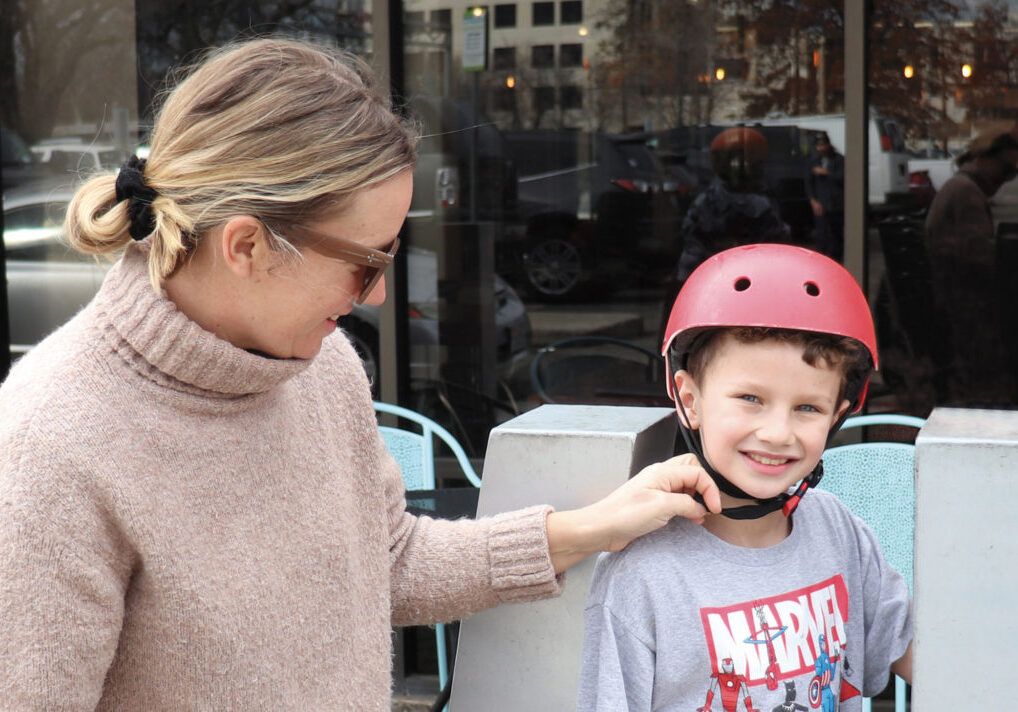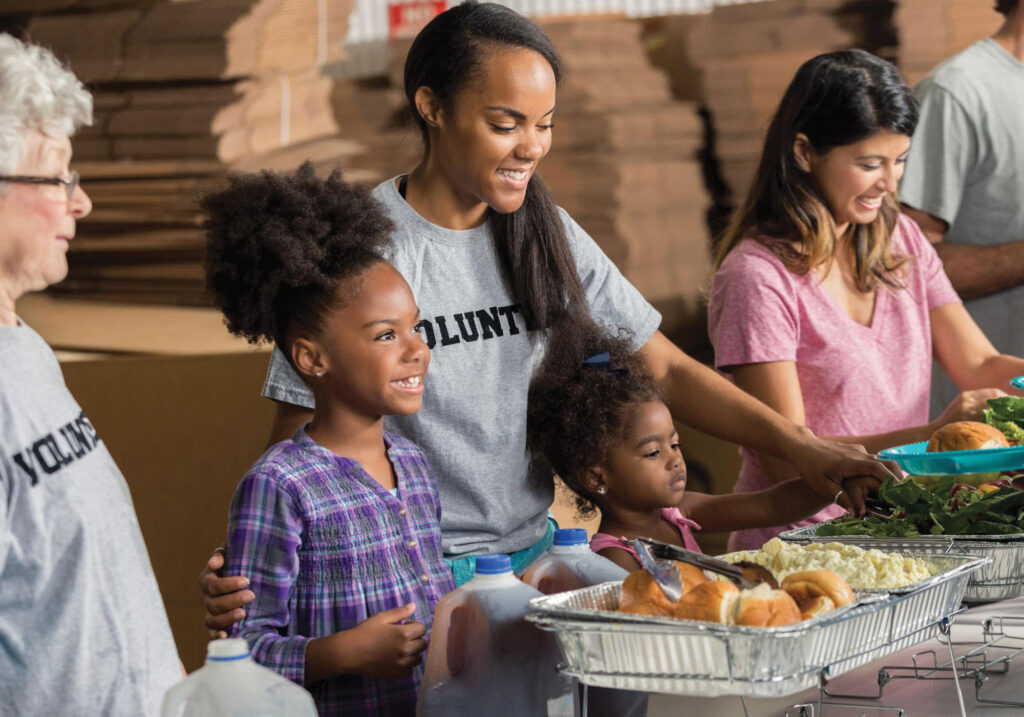 Parents often want to supplement the official driving lessons of their teenage children with their own parental instruction behind the wheel. And that is a great idea. Studies show that teens who receive additional driving instruction from their parents have fewer accidents than teens who do not get any extra tutoring.
Parents often want to supplement the official driving lessons of their teenage children with their own parental instruction behind the wheel. And that is a great idea. Studies show that teens who receive additional driving instruction from their parents have fewer accidents than teens who do not get any extra tutoring.
What can parents do to ensure that their child gets the most out time spent at the wheel of the family car?
Here’s what the experts say.
Wait until they’re ready
Once you’ve told your teen that you’re willing to give him driving lessons, it’s time to back off a bit. Don’t push the issue. “If your teen isn’t driving you crazy about teaching her to drive,” says Carleton Kendrick, a family therapist who works with teenagers, “she’s probably too nervous to begin the process.”
Wait patiently until she’s ready. As Wayne Parker, a certified life coach and author of Power Dads, puts it, “An overly anxious teen driver can be a dangerous thing.”
Create a calm and peaceful space
Even when your teen says he’s ready to learn how to drive, he’s likely to have heard horror stories in the news or from friends that are making him scared. Nicole Runyon, a social worker who deals with teens, suggests that parents create a calm and peaceful space for their child to talk.
Try to alleviate any fears by listening carefully and offering reassurance that you will support and help him become a competent and safe driver.
Give warning
Give your teen some warning when you’re ready for the first lesson. Talk with her about, as Wayne explains, “Where you’re going and what you’re going to do.” Teens don’t like surprises, especially from their parents. Get together to plan the route you’ll be driving and the skills you’ll be practicing. It will help create an equal footing.
Treat teens like adults
Teens like to be treated as adults. That includes when they’re learning how to drive. Carleton says that parents should avoid talking down to their teen, making any negative comments or treating her like a little kid. She suggests, “Parents should praise specific progress and improvement while offering non-judgmental, optimistic and encouraging words.”
The goal is to make your teenager a more aware driver, not to make her feel anxious or judged.
Another way to guide your teen is to ask questions instead of giving commands. Wayne suggests that instead of saying, “Slow down or you’re going to get a speeding ticket,” ask, “What’s the speed limit here?”
Studies show that teens whose parents ask questions rather than make critical statements get into fewer accidents.
Focus on skills that prevent accidents
Studies also show that many parents focus their instruction more on skills that they had difficulty mastering when they learned how to drive than on the skills that best prevent teen accidents.
Instead of spending much of your time teaching how to parallel park—a maneuver that can make many parents break into a sweat—focus on teaching how to merge on and off highways safely. Merging is, in fact, a major source of teen driving accidents.
Stay Calm
It can be stressful teaching your teenager how to drive but don’t show it. Carleton encourages parents to hand over the reins to someone else if, she says, “They can’t keep their anxiety in check and it’s turning the teaching experience into a tension-filled meltdown zone.”
Try to stay calm, even if it’s your child creating tension in the car. “Just roll with it,” says Dr. Corinne Peek-Asa, a professor of public health and expert on vehicle injury prevention. Studies show that when the atmosphere is tense, parents offer less constructive feedback and even less feedback that is focused on safety.
Be a good role model
All kids, including teenagers, learn more from what they watch their parents do than from what parents tell them. Be a good role model. Drive safely when you’re at the wheel and your teenager is the passenger.
Jen Stockburger, director of operations at Consumer Report’s Auto Test Center, says this, “The example you set for them behind the wheel may be the most important in terms of actually keeping them safe, more so than any other safety message you’ve given them in their entire life.”
Posted in: Youth & Teen
Comment Policy: All viewpoints are welcome, but comments should remain relevant. Personal attacks, profanity, and aggressive behavior are not allowed. No spam, advertising, or promoting of products/services. Please, only use your real name and limit the amount of links submitted in your comment.
You Might Also Like...

“MOM! I Don’t Want to Set Goals!” Talking to Your Teen About Goals
As we leave 2024 behind us and look forward with hope to a bright new year, we begin to set new year’s resolutions, or as they are called the rest […]

Positive Peer Pressure: How Friends Build Happiness
We often hear about the many negative aspects of peer pressure and worry that our children’s friends could push them down a path of troubling behavior like bullying or drug […]

Who Knew My Teen Pulling Away Would Hurt My Heart This Much
I heard parents with older kids talk about it. I listened to my older sister vent about how much she missed her kids even though they slept right down the […]

Wear a Bicycle Helmet – Six Tips For Safety
Not only is riding a bike a rite of passage, representing fun, freedom and fresh air, it’s a healthy pastime that kids and families can enjoy together. Every month, hundreds […]



